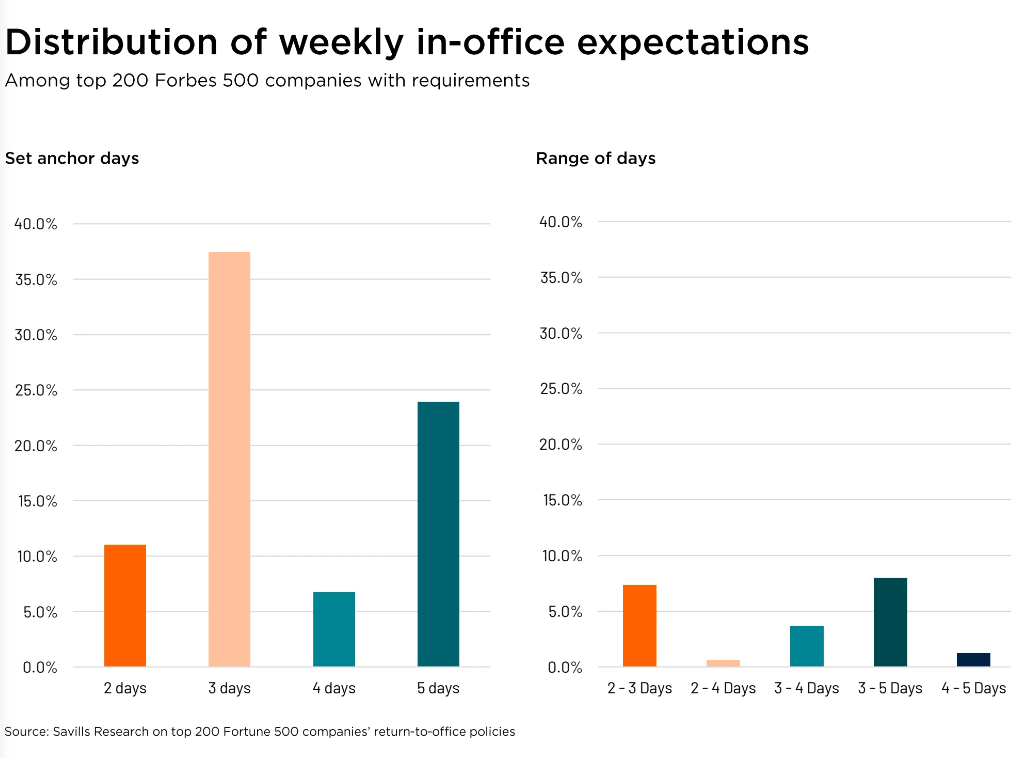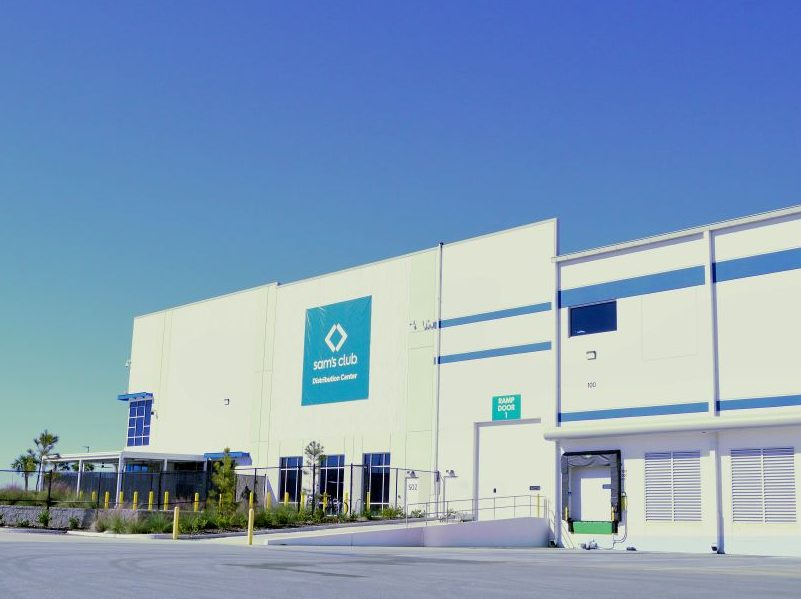CBRE Saves Clients 1B Gallons of Water
CBRE Group has instituted a pilot program that has helped save its Global Workplace Solutions clients more than one billion gallons of water over the past 18 months.
By Keith Loria, Contributing Editor
CBRE Group, Inc., has instituted a pilot program that has helped save its Global Workplace Solutions clients more than one billion gallons of water over the past 18 months; that’s enough water to provide a full year of water for a community of nearly 17,500.
The company’s GWS Global Energy & Sustainability group worked with a targeted group of eight clients across 381 sites to achieve cost savings through resource conservation.
“One of the things we have spent on during the last couple of years is water management. When we think about our clients’ utility spent, electricity is the big animal, then natural gas, but then you get to water as an important element, and as a company focused on the social good in the world, water is an important issue,” Peter Scarpelli, CBRE’s managing director and global director, Energy & Sustainability, told Commercial Property Executive. “It even became a higher-tier issue due to certain crisis in various states in the Americas this year.”
The pilot program saw clients save an average of 38 percent on annual water costs, resulting in more than $5 million in total savings for its clients. The large predominance of the 381 sites were in California, and consisted of office locations, bank branches and other property categories.
“Many of our customers have corporate responsibility objectives and we are generally asked to help them identify solutions to help them meet those goals,” Scarpelli said. “The program is something we had been doing for a while, and already had some operating strategies designed.”
Scarpelli said that approximately 70 percent of all water is actually consumed outside, so to attack the problem, CBRE looked at irrigation control systems.
“We did deploy some control systems and the service itself allowed for remote monitoring and remote operation of those irrigation systems, making sure the water was being used when really needed,” he said. “There was an expense for that control system. Because of the California crisis, many of the water utilities did have substantive rebates, which made the expenditure easy to handle.”
Another important part of the process was educating clients and the workers at CBRE itself, on water sustainable methods.
According to the Institute of Public Utilities at Michigan State University, the cost of water has increased at more than triple the rate of inflation in the U.S. Additionally, drought conditions in California and Texas have especially contributed to the rising cost of water as water companies increase prices in an attempt to control consumption.
Looking ahead, CBRE will expand the program to even more clients and sites, increasing the potential to reduce clients’ spending on water and enhance sustainable practices.
“The water crisis today is not going away. Water costs are increasing faster than other utility costs,” Scarpelli said. “It is certainly something we will consider driving out to the portfolio.”








You must be logged in to post a comment.